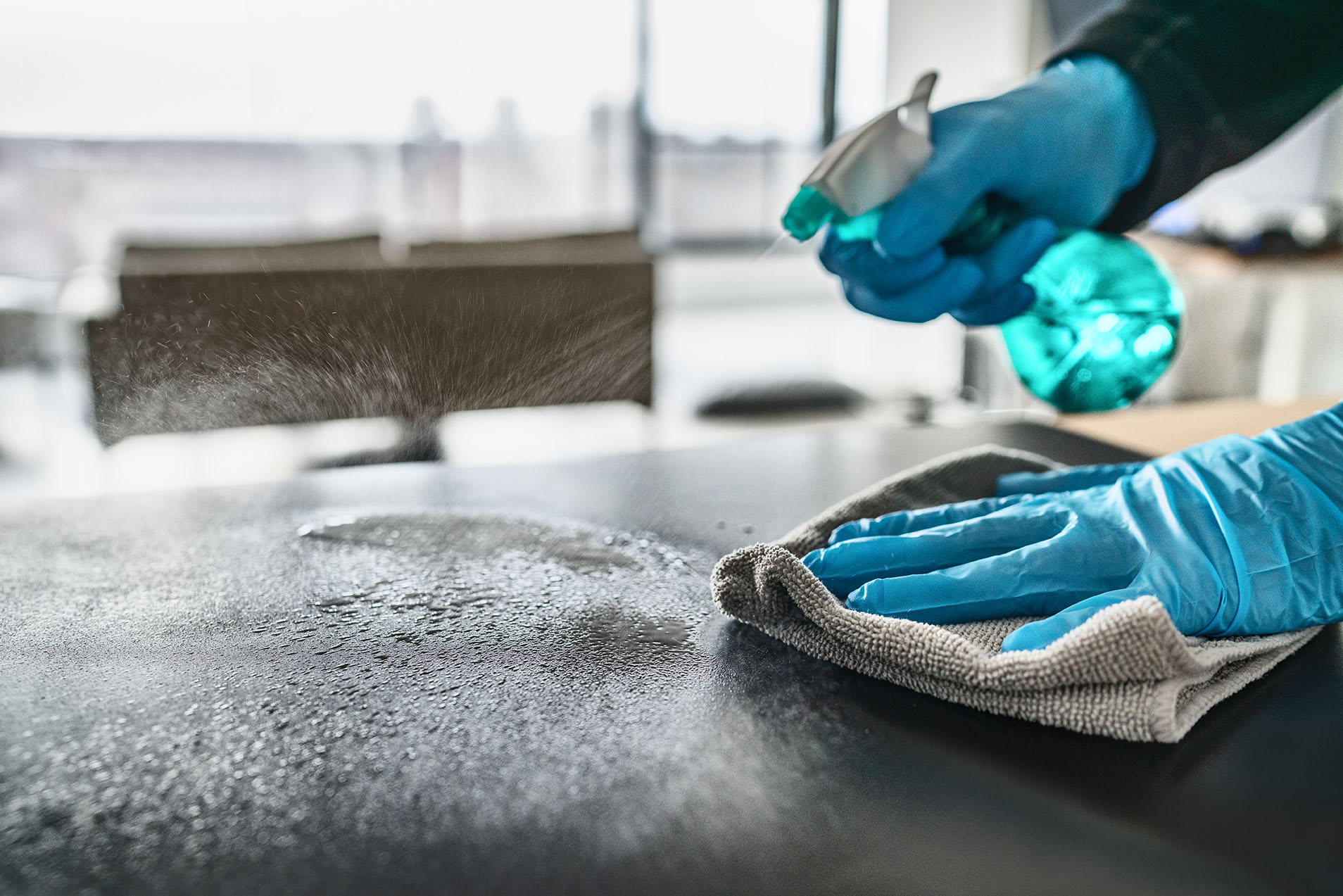
hygiene
Definition
Hygiene is the practice of keeping yourself clean and healthy. It includes things like washing your hands, brushing your teeth, taking a bath or shower, and using deodorant.
Hygiene is important because it helps to prevent the spread of germs. Germs can cause diseases, so it is important to wash your hands often and to keep your body clean.
Hygiene is also important for your personal well-being. When you feel clean, you feel good. It can also help to boost your confidence and make you feel more comfortable in your own skin.
There are many different types of hygiene practices. Some common hygiene practices include:
- Washing your hands often with soap and water
- Brushing your teeth twice a day for two minutes
- Taking a bath or shower every day
- Using deodorant
- Keeping your nails clean and trimmed
- Wearing clean clothes
It is important to choose hygiene practices that work for you and that you can stick with. There is no one-size-fits-all approach to hygiene.
Hygiene is an important part of staying healthy and feeling good. By practising good hygiene, you can help to protect yourself and others from diseases.
How can the word be used?
Hygiene is the practice of keeping oneself clean and free of disease.

Different forms of the word
Noun: Hygiene is the practice of keeping oneself clean and free of disease. It includes practices such as washing your hands, brushing your teeth, and taking a shower.
Adjective: Hygienic means "relating to or promoting hygiene". For example, a hygienic environment is one that is free of dirt, germs, and disease.
Verb: To hygiene something is to make it clean and free of disease. For example, you can hygiene a wound by cleaning it with soap and water.
Etymology
The word "hygiene" comes from the Greek word "ὑγιεινή" (hugieinḗ), which means "healthful" or "of health". It is ultimately derived from the Greek word "ὑγιής" (hugieis), which means "healthy".
Question
What does hygiene mean?
AQA Science Exam Question and Answer
Question:
Explain the importance of personal hygiene in maintaining health and preventing the spread of infections, highlighting key practices and their role in reducing the risk of illness in both individuals and communities.
Answer:
Personal hygiene is crucial for safeguarding health and preventing the transmission of infections. It encompasses a range of practices aimed at maintaining cleanliness and well-being. Regular hand washing, for instance, is a fundamental hygiene practice that helps remove germs and prevents their spread. Proper oral hygiene, including brushing teeth, reduces the risk of dental issues and systemic infections.
Practising good hygiene reduces the likelihood of infections caused by harmful microorganisms that can enter the body through various pathways, including the respiratory, digestive, and urinary systems. These practices play a significant role in reducing the overall burden of illness in individuals and communities, particularly in crowded settings or during disease outbreaks.
In addition to protecting oneself, personal hygiene contributes to collective well-being. By preventing the spread of infections, individuals help maintain a healthier community. This is especially important in controlling contagious diseases that can rapidly affect large groups.
In conclusion, personal hygiene is a cornerstone of health maintenance and disease prevention. Adopting proper hygiene practices, such as hand washing and oral care, helps individuals stay healthy and minimises the risk of transmitting infections to others. These practices are not only vital for individual well-being but also play a crucial role in promoting public health and preventing the spread of diseases.